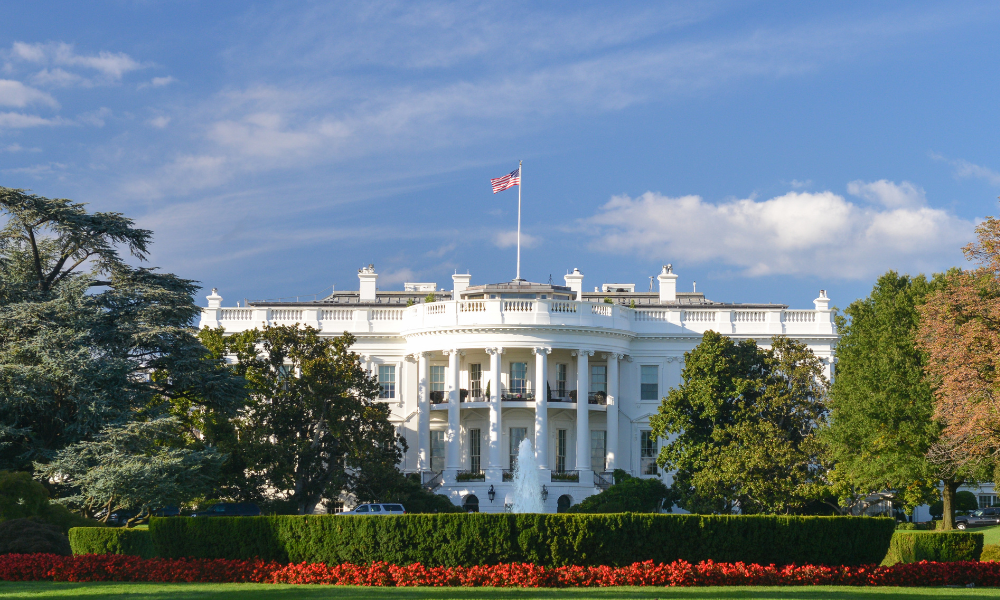The US may delay new tariffs for countries negotiating in good faith, with no full deals confirmed beyond the UK and China.

With less than a month before the 90-day tariff suspension expires, the US government is signaling potential flexibility on the deadline as trade discussions with multiple countries remain in progress.
Treasury Secretary Scott Bessent told members of the House Ways and Means Committee on Wednesday that the administration could move the July 9 deadline “forward to continue good faith negotiations” with some of the 18 countries it is currently engaging.
CNBC reported that this approach could apply to countries or blocs, including the European Union, that are actively participating in discussions.
“If someone is not negotiating, then we will not,” Bessent said, clarifying that any extension would depend on the level of engagement by each trading partner.
The 90-day pause on reciprocal tariffs was first introduced on April 9 by President Donald Trump to allow time for diplomatic and trade talks. Until now, administration officials had not publicly supported an extension without a formal or framework agreement in place. Bessent’s comments point to a more flexible posture as the deadline nears.
So far, the US has announced a finalized trade deal with the United Kingdom and a framework agreement with China. The China deal was disclosed Wednesday, though the administration has yet to provide the full terms or specific commitments. CNBC reported that this lack of detail leaves questions around the actual scope of the agreement.
Bessent did not provide a list of countries closest to finalizing trade deals, but said the US is working on agreements across several fronts. He did not offer a timeline for when any additional deals might be concluded.
The Treasury secretary’s remarks come as industries and international partners await clarity on how US trade policy will proceed once the current pause ends.
According to CNBC, businesses are closely watching these developments due to potential implications on supply chains and cross-border pricing.
While the administration’s position has shifted slightly, Bessent did not confirm that an extension is guaranteed for any country. He reiterated that continued negotiations could be sufficient in some cases, suggesting that the government may prioritize ongoing dialogue over hard deadlines.
As the July 9 expiration approaches, the administration’s next steps may determine the outcome of months of discussions, with both economic and diplomatic interests on the line.



